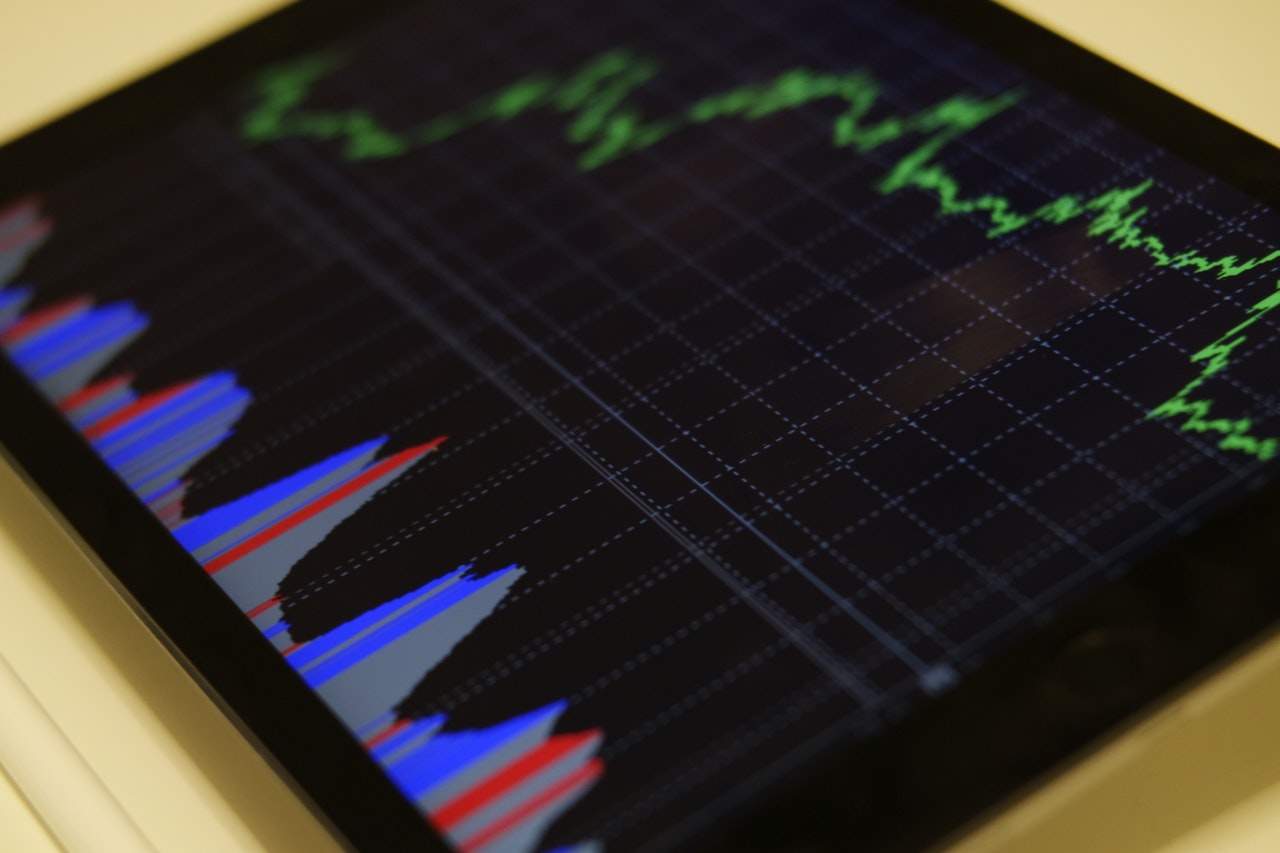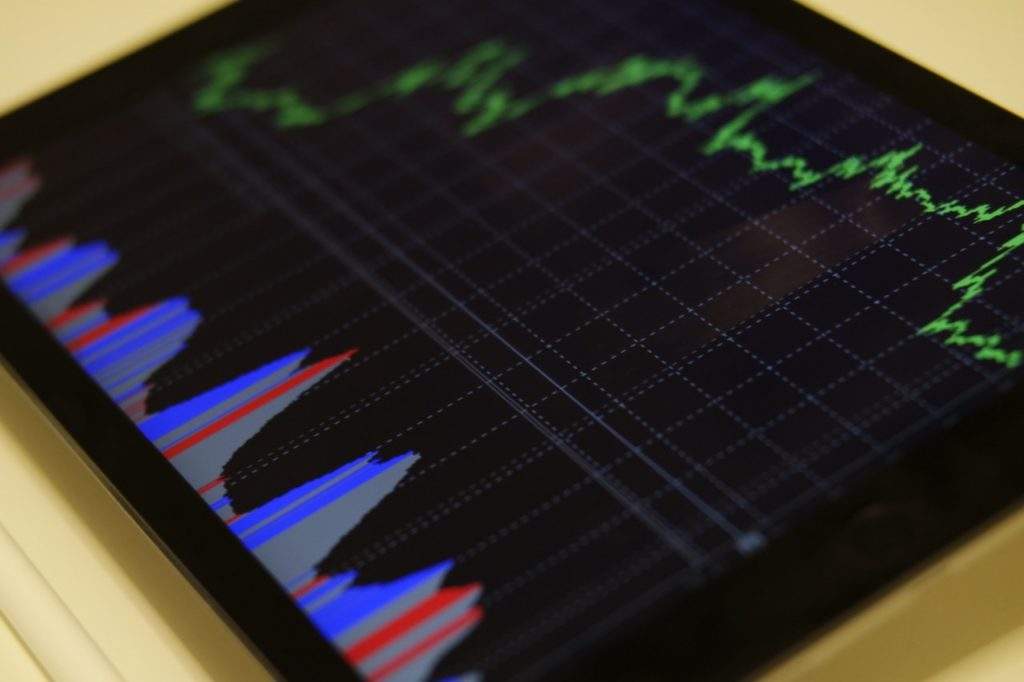
How to Choose the Right Forex Signal Provider
Did you know that there are thousands of Forex signal providers out there, some giving great signals and others not so much? If you’re new to this whole Forex trading thing, it can be hard to figure out who to trust and who to avoid. This article will help you choose the right Forex signal provider for your money-making strategy and get you on your way to increasing your currency profits in no time!
Find out more about forex signals
What’s a Forex signal? A forex signal is any kind of alert that traders use to determine when or whether it’s time to buy, sell, or hold. Signals come in several varieties. Some signals are generated algorithmically by forex trading software; others are based on technical analysis or sentiment indicators and called sentiment-based; still others are derived from fundamental analysis , also known as fundamental-based signals; and some are based on artificial intelligence using real-time data feeds and advanced statistical models . Each type of signal has its strengths and weaknesses, but all can help you take informed action in your trades.
Test them first
A lot of people choose a forex signal provider based on which one their friend or colleague is using. Don’t do that. Instead, download a couple of free trial versions and use them yourself for at least a week before committing. That way you can test out each system for yourself instead of relying on someone else’s word about how it performs.
Don’t worry; there are tons of places online where you can find free trials or get access to discounted plans so you won’t have to pay anything in order to try it out. (Here’s our list of picks.) If possible, give them your phone number—you might even want an app that will notify you when your signals go live!
Check if there are costs involved
If you’re interested in making an income from forex signal trading, it’s important to check if there are any costs involved before signing up with a provider. This might be in the form of a sign-up fee or monthly subscription, which you may have to pay whether you earn money or not. If your chosen provider does charge for its signals, ask how much and exactly what it covers (such as any software tools).
Bear in mind that there are many free services online that can send signals straight to your mobile phone; some providers will use premium SMS messages rather than charging a per-message rate. Do your research and try some different providers so you can work out who best suits your needs.
Don’t rely only on signals; use your own research as well
With all of that said, if you’re looking for someone to follow blindly and who can pick good trades for you in real time, a signal provider is probably not your best bet. A top-rated trader who provides signals from his own account is going to be far more expensive than any services you can find online, and it’s unlikely that he will offer results as consistent as those offered by some of these providers. Ultimately, forex trading is about managing risk; when following someone else’s picks directly and using their money instead of your own, it might be easy—but it won’t necessarily be safe or profitable.
Do you really need signals?
Signals are a tricky business. They’re promoted by brokers and even trading software companies as if they’re going to make you rich, but it’s important not to get swept up in all of that hype. The truth is that while they can be useful, a quality signal provider is only as good as their trader database. If your chosen provider has traders who are always successful then sign up with them! But if you don’t see success rates in excess of 70%, you might want to look elsewhere for your signals.
What type of trader are you?
Are you a day trader? Swing trader? Or are you an investor who is more interested in longer-term gains? The type of trader you are will have a huge impact on what kind of signal provider is right for you. For example, if your trading strategy requires a large number of signals per day, then it’s going to be difficult to find a provider that suits your needs. Likewise, if your preferred currency is Japanese yen and there are no providers that offer that sort of signal coverage, you might want to look elsewhere. It’s important not only that you get enough signals but also that they cover currencies or markets relevant to your investing strategy.
Risk Management
A big problem that many new traders face is not understanding how to manage risk. New traders tend to overtrade and that makes it very difficult for their accounts to grow or even stay intact. If you want your trading account balance to grow and want a high probability of having a profitable trading year, then you need a good plan in place on how you are going to manage your risk in all situations. That is why you need to follow some of these steps when choosing which signal provider will work best for you.
















